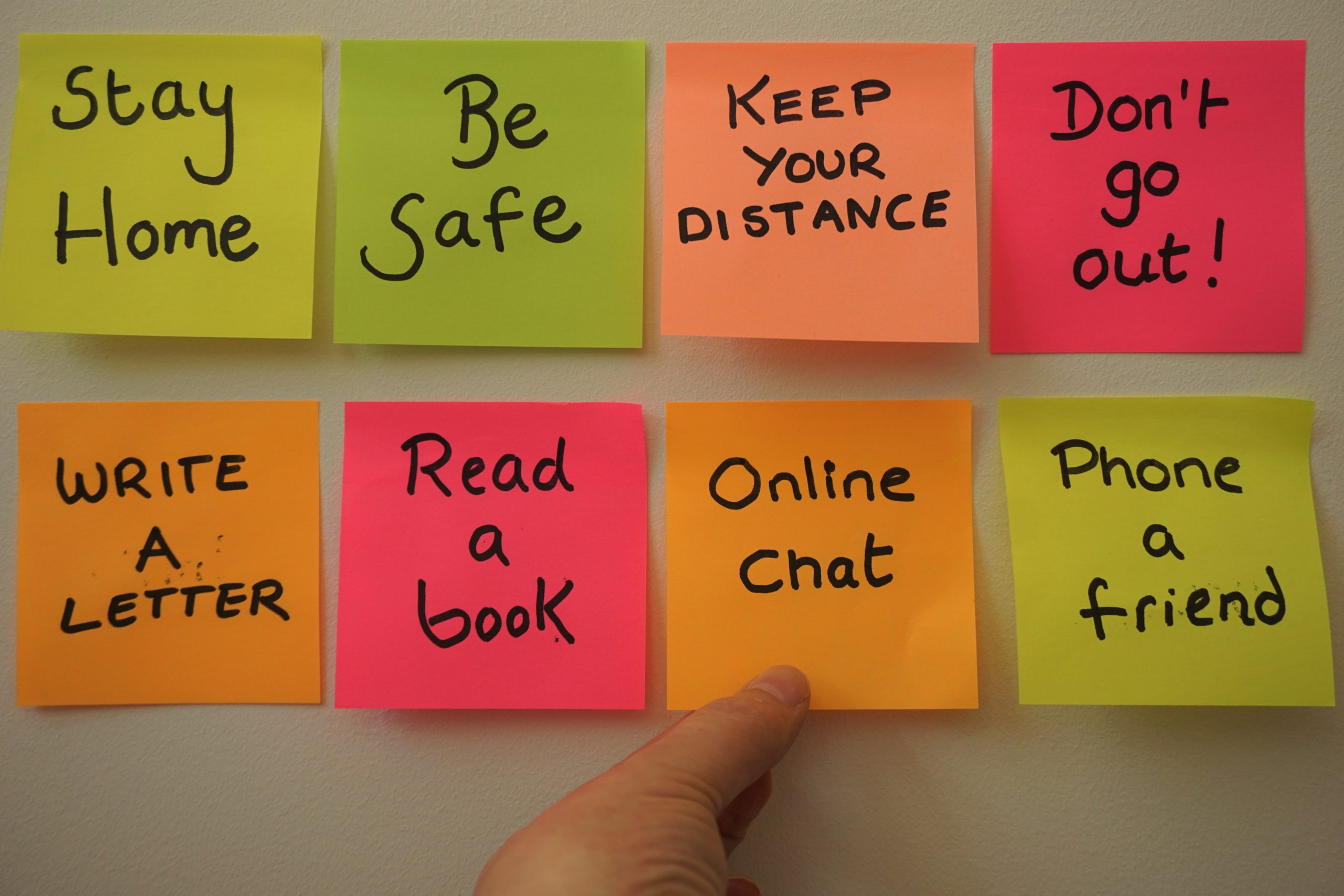 The journal Nature, has put together a great list of tips for maintaining your mental health.
The journal Nature, has put together a great list of tips for maintaining your mental health.
All the advice in here is evidence-based, from medical experts and academics. Some of this will be things you’ve heard before, but they bear repeating — often, even small changes can have profoundly positive effects on your well-being.
- Surprise! Research shows that healthy eating improves your mental health and your immune system.
- Shock! Getting enough sleep is also likely to improve your cognitive performance and immune system. That can be difficult during stressful times, when you need it most, so here’s some advice from Britain’s National Health Service (NHS) and some more from Healthline.com.
- Gasp! Moderate exercise is also great for your mental health. Here is an activity plan for beginners, from the NHS.
- Helping others often makes us happier. Volunteer or take part in work to help your community. Check out the Twitter hashtag #viralkindness for inspiration, or see some of the links in this comprehensive Washington Post article.
- Learn to ‘switch off’. Media overexposure can lead to psychological distress and damage your mental health. Sun Sun Lim, a technology researcher at the Singapore University of Technology and Design, gives us these tips for switching off.
- Buddy up. Many mental-health professionals recommend a buddy system. Find a friend, colleague or family member you can be honest with and check in regularly to talk about each others’ mental state.
- Watch yourself. Many people don’t realize their mental health is at risk until crisis point. To be more proactive with your health, take the time to think about your mental state each day. Some professionals recommend keeping a journal as a way to keep track of your mental health.
- Take baby steps. Do not fill your to-do list with vast, unmanageable tasks that are likely to intimidate you or damage your confidence. Break large tasks down into smaller ones, and add small achievable tasks to your to-do list.
Stress-beating methods from psychiatry
Clinical psychologist Luana Marques shares her advice to help scientists maintain mental health in challenging times. “It is okay not to be okay,” says Marques. “Take the time to heal and relax after interacting with the news: anchor on to something that brings you back to the present. Take a deep breath, drink a hot beverage or go for a walk.”
(Photo by Sarah Kilian on Unsplash)
